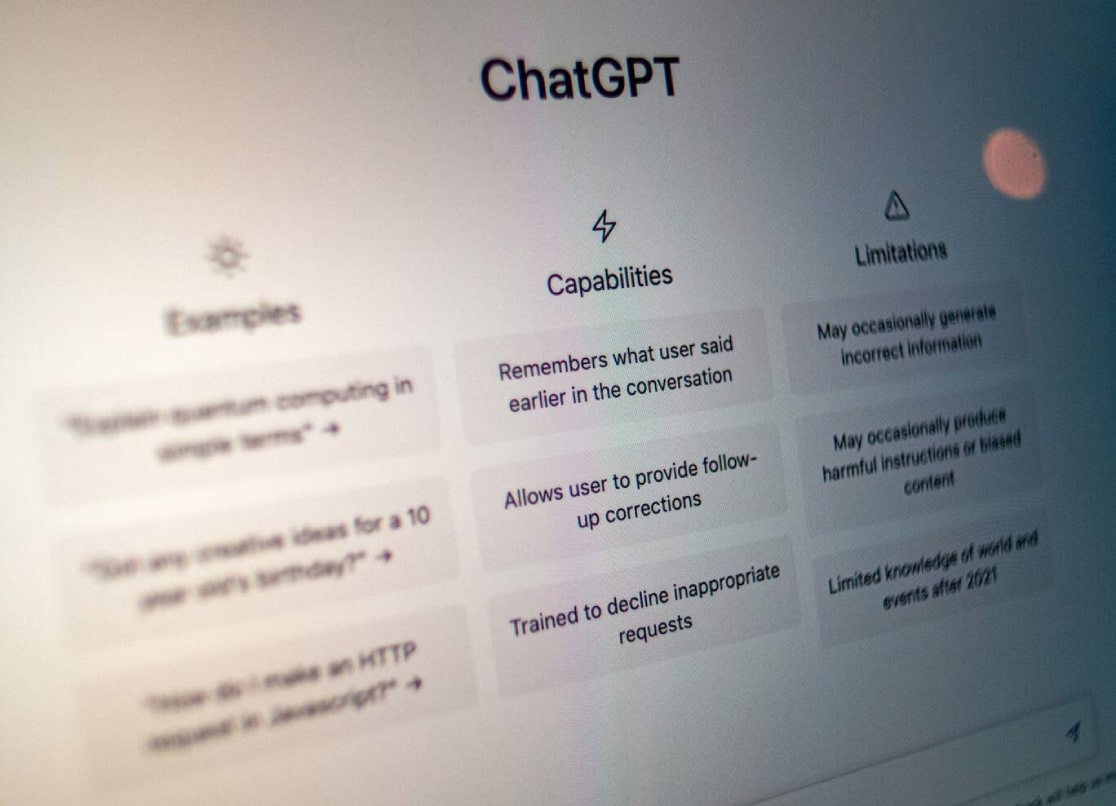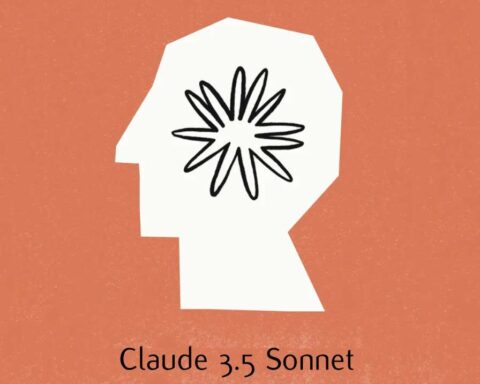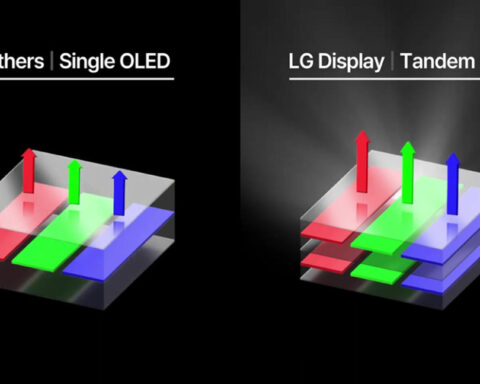OpenAI has restored access to its ChatGPT chatbot in Italy, nearly a month after the Italian Data Protection Authority demanded that the company stop collecting users’ personal information through the chatbot.
The regulator claimed that the chatbot was in potential violation of Europe’s GDPR privacy law, which requires companies to properly disclose their data collection and storage practices to users. In response, OpenAI made several privacy-related changes, including adding new pages and forms to its website that offer more transparency about the data practices surrounding ChatGPT.
OpenAI’s new help center articles explain how the company relies on user inputs to improve ChatGPT’s AI model. The company does not use data for selling its services, advertising, or building profiles of people. Instead, it uses data to make its models more helpful for people. The articles also provide users in certain areas with the ability to object to the processing of their personal information by ChatGPT and request that the company delete their personal information from powering the AI models.
OpenAI also added greater visibility to a form that allows users to opt-out from future data collection and a pop-up on the ChatGPT homepage outlining the company’s privacy policies. The pop-up features a button that requests users to confirm that they meet the age or parental requirements to access the AI program.
Despite these changes, various regulators in the European Union have signaled that they are looking closely at potentially regulating ChatGPT over concerns it could spread misinformation, infringe on user privacy, and be exploited for cybercrime.
In the US, users based in California can also request that OpenAI delete their personal information under the state’s data protection law. The company added the option to turn off chat history for ChatGPT, which can stop the AI from using users’ queries to improve the program.





